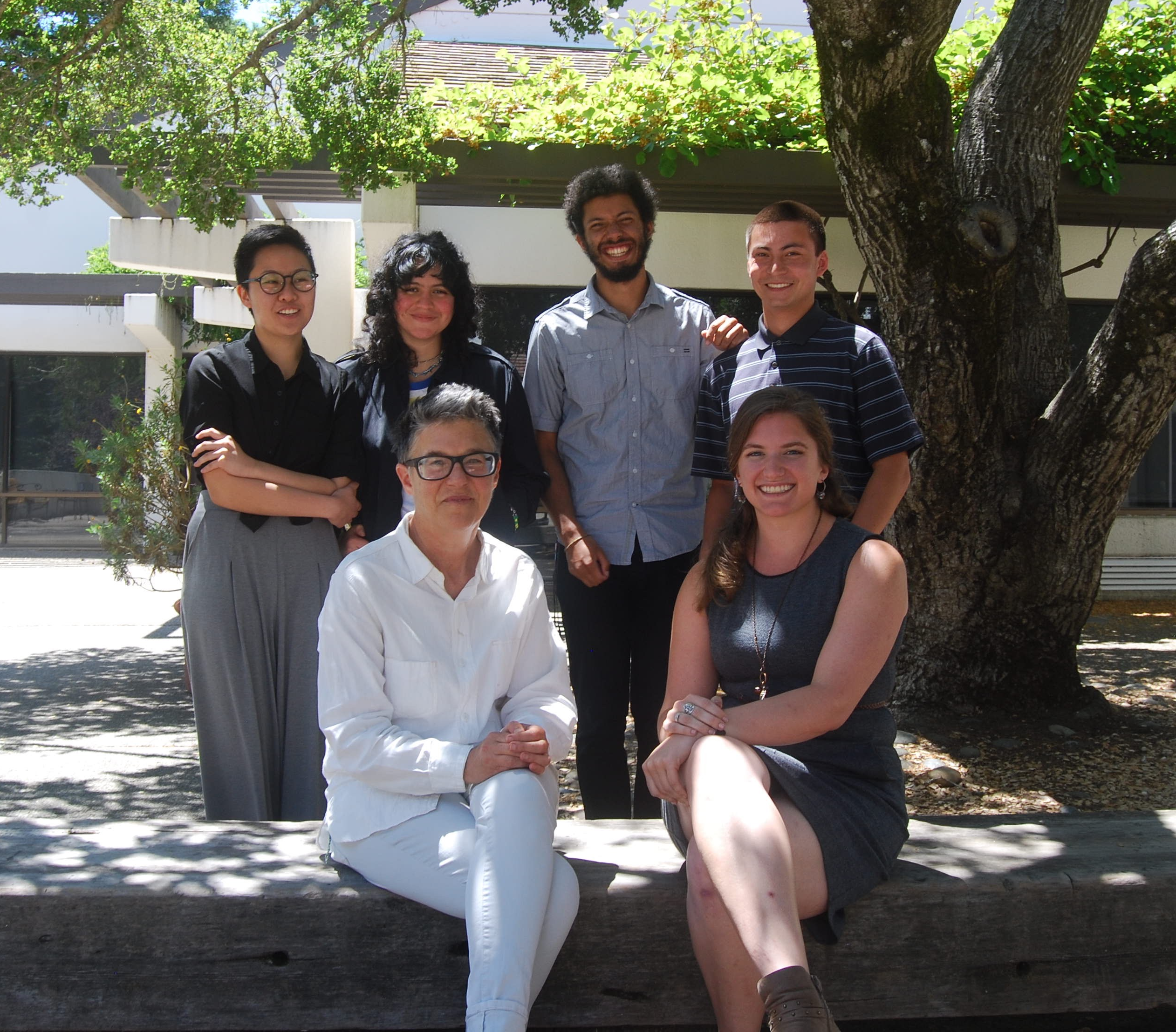Last week, Junko was at WAFL (Workshop on Altaic Formal Linguistics) 13. Junko and Armin were on the organizing committee of this year’s WAFL, taking place at ICU (Junko’s undergraduate alma mater) in Tokyo, Japan. Junko had this to say:
“There were many interesting presentations at WAFL (on Korean, Japanese, Turkish, and related languages and dialects), and the discussions after each talk were particularly lively given the language focus. The keynote speakers were Jaklin Kornfilt (Syracuse University) and former LRC visitor, Haruo Kubozono (NINJAL, National Institute of Japanese Linguistics). Talks and posters were given by former UCSC EAP exchange students Shigeto Kawahara (Keio University) and Atsushi Oho (Tohoku University). Santa Cruz has hosted at least one ICU undergrad exchange student every year since Shigeto, but I learned that next year FOUR ICU linguistics exchange students were selected by UCEAP to come to Santa Cruz. They were all helping out with the registration and logistics at WAFL, and were *very* excited to come across the Pacific in the Fall.
On the final day of the workshop, a special Memorial session was held, dedicating WAFL 13 to Professor Emerita Kazuko Inoue, who passed away earlier this month at the age of 98. Regarded as the Mother of Theoretical Linguistics in Japan, her former ICU students and advisees, including Shigeru Miyagawa (MIT), Yoshi Kitagawa (Indiana U.), Satoshi Tomioka (Delaware), and Junko Ito (UC Santa Cruz) spoke at the Memorial Session in her honor. The GLOW obituary by another of her former ICU students, Naoki Fukui (Sophia University), is a very informative and moving account of Inoue’s life work in linguistics.”
